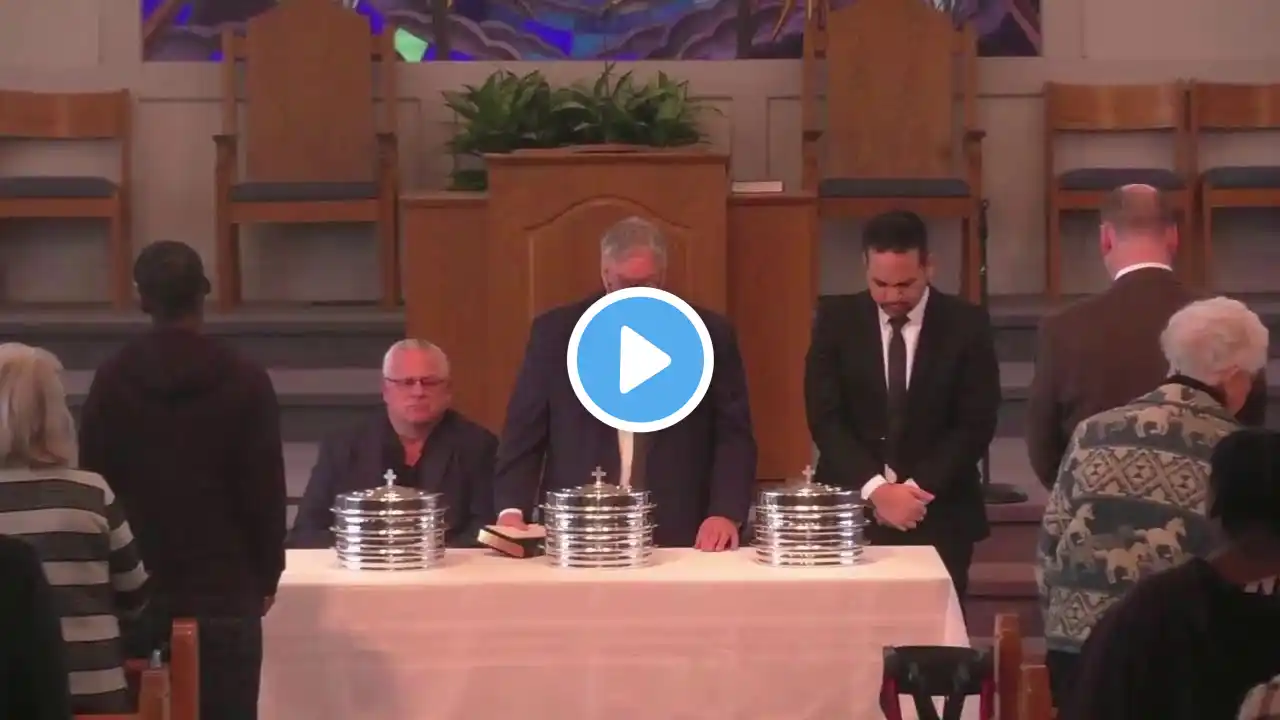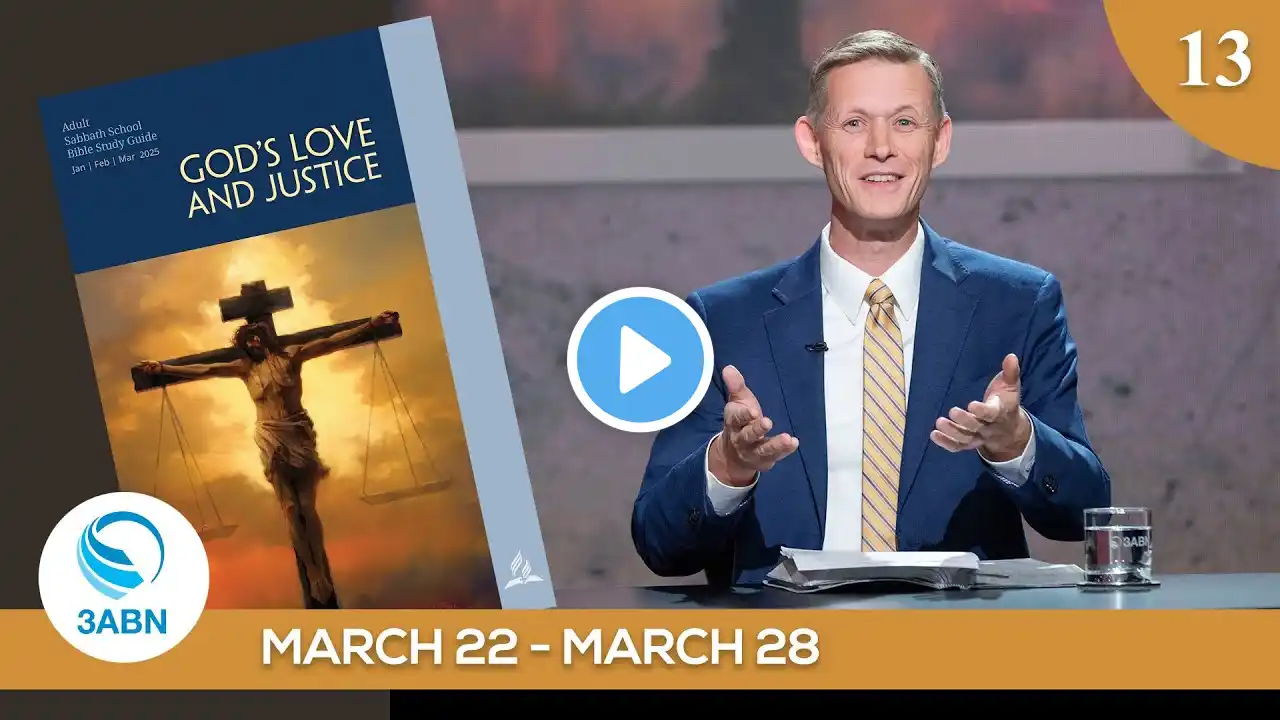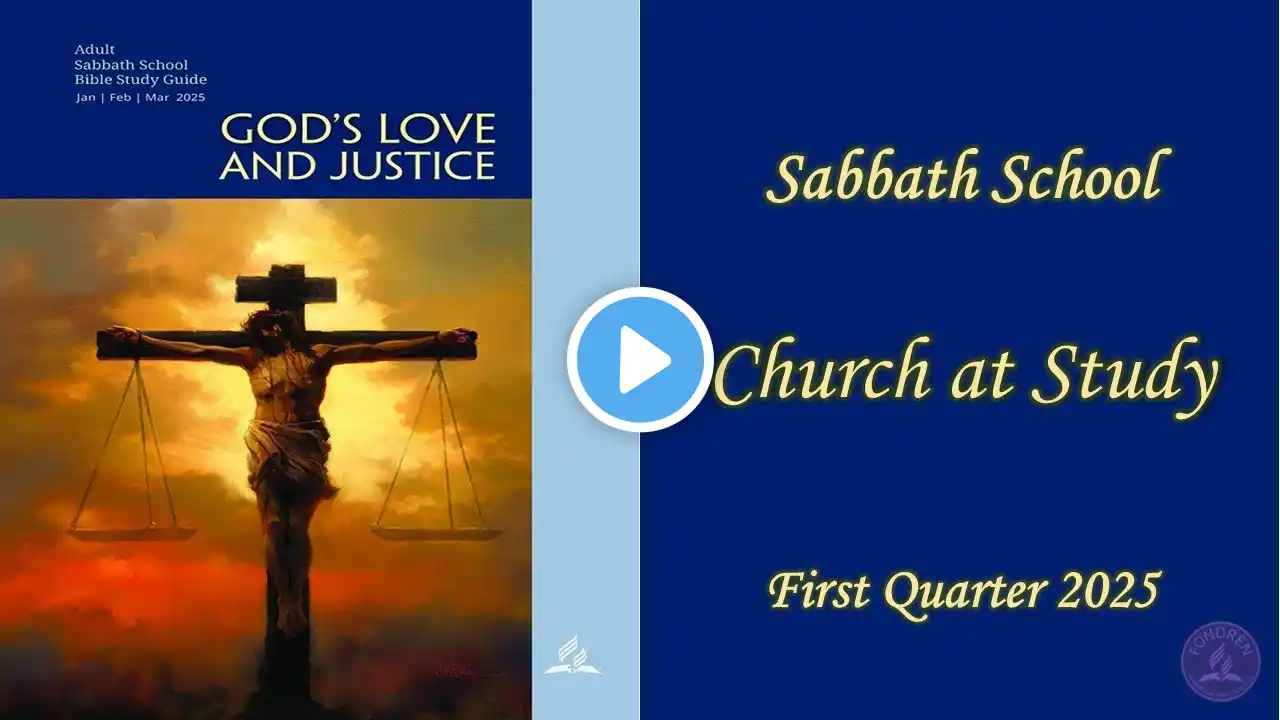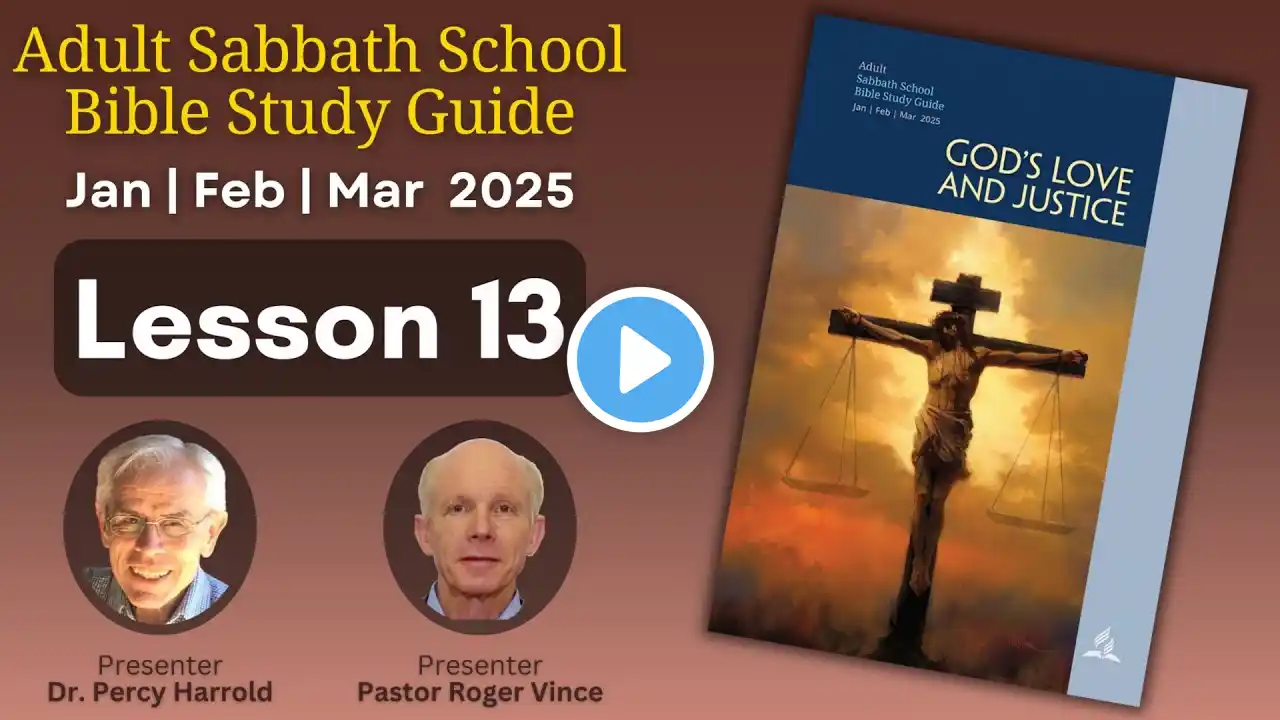
God's Love and Justice 2025 Quarter 1 Lesson 12 Love and Justice FRIDAY The Sabbath
Friday March 21 Further Thought: Read Ellen G. White, "The Sabbath," pp. 281-289, in The Desire of Ages. "The spies dared not answer Christ in the presence of the multitude, for fear of involving themselves in difficulty. They knew that He had spoken the truth. Rather than violate their traditions, they would leave a man to suffer, while they would relieve a brute because of the loss to the owner if it were neglected. Thus greater care was shown for a dumb animal than for man, who is made in the image of God. This illustrates the working of all false religions. They originate in man's desire to exalt himself above God, but they result in degrading man below the brute. Every religion that wars against the sovereignty of God defrauds man of the glory which was his at the Creation, and which is to be restored to him in Christ. Every false religion teaches its adherents to be careless of human needs, sufferings, and rights. The gospel places a high value upon humanity as the purchase of the blood of Christ, and it teaches a tender regard for the wants and woes of man. The Lord says, 'I will make a man more precious than fine gold; even a man than the golden wedge of Ophir.' Isa. 13:12. "When Jesus turned upon the Pharisees with the question whether it was lawful on the Sabbath day to do good or to do evil, to save life or to kill, He confronted them with their own wicked purposes. They were hunting His life with bitter hatred, while He was saving life and bringing happiness to multitudes. Was it better to slay upon the Sabbath, as they were planning to do, than to heal the afflicted, as He had done? Was it more righteous to have murder in the heart upon God's holy day than love to all men, which finds expression in deeds of mercy?"—Ellen G. White, The Desire of Ages, pp. 286, 287. Discussion Questions: Why and how is it true that "Every false religion teaches its adherents to be careless of human needs"? How can we act intentionally so as to avoid such carelessness in our church communities and beyond? Who is my neighbor? Who is your neighbor? In what practical ways should following Christ make us more like the Samaritan who crossed the boundaries of his day to act out love? If God loves justice and mercy, how should we act in accordance with what matters most to God? How can we be more focused on what Jesus called "the weightier matters of the law"? When we think and talk about judgment, how often do we emphasize that a primary way Jesus discusses judgment is in terms of whether, and to what extent, we actively love others, particularly the oppressed and downtrodden? Reflect on this in light of Matthew 25:31-46.


















